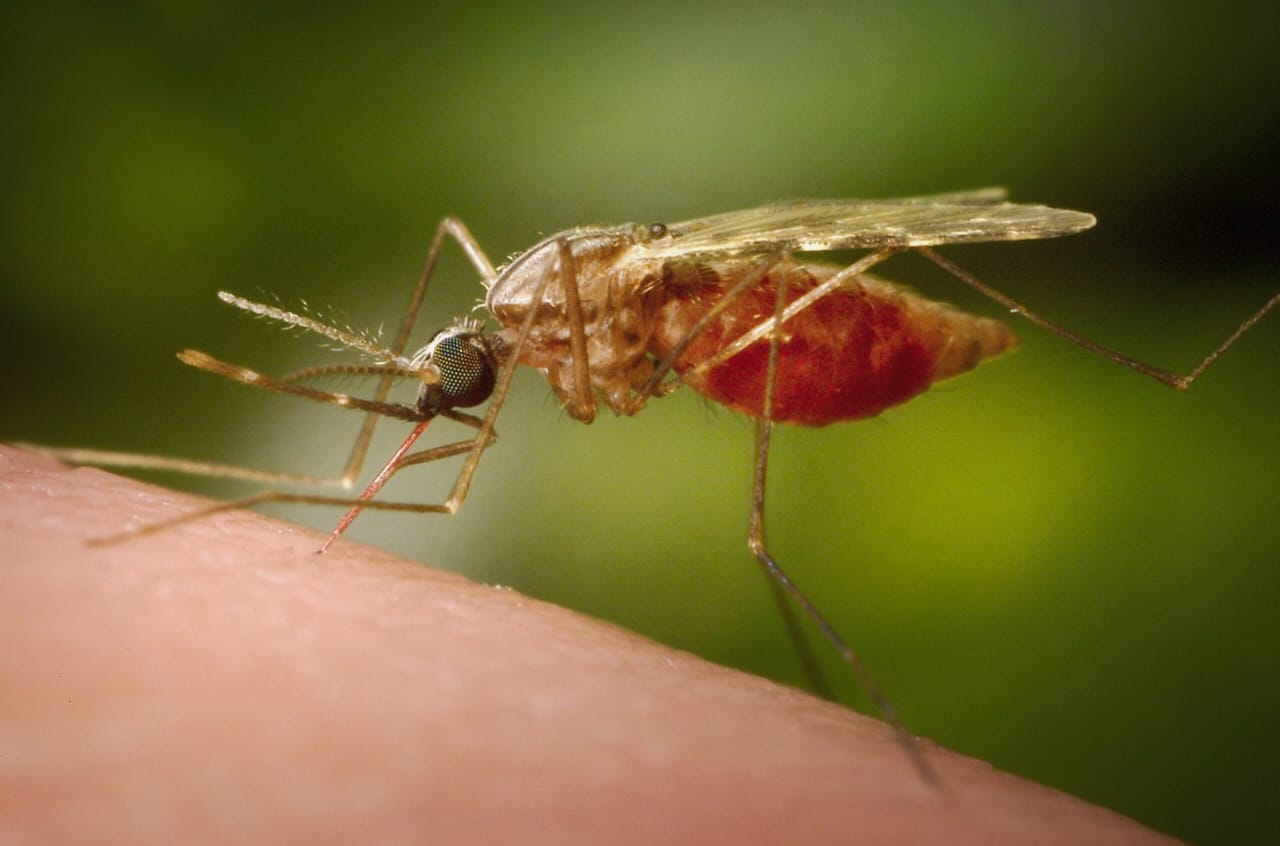The fight against malaria has received a major boost after Kenya Medical Research Institute (KEMRI) scientists, working with global partners, helped reveal how Africa’s deadliest malaria mosquito, Anopheles funestus, is adapting to survive insecticides.
In a press release, KEMRI said the study warns that the mosquito’s fast-changing genes could weaken current control methods but also opens the door to advanced tools that could reshape malaria elimination efforts.
Researchers analysed hundreds of mosquito samples collected across 16 African countries, including historic specimens dating back to 1927.
“The team has provided unprecedented insights into the species’ genetic variation, population structure, and resistance to control methods such as insecticides,” KEMRI revealed.
The study found that populations in equatorial Africa are highly interconnected genetically, while others in West Africa remain distinct, which explains why control measures can succeed in some regions but fail in others, despite the presence of the same species.
“The research found that insecticide resistance mutations already present in the 1960s have intensified over time, underscoring the species’ extraordinary adaptability to new mosquito control tools,” said Dr. Eric Ochomo, who led the Kenyan arm of the research.
The research also identified a genetic target in Anopheles funestus that is already being used to test advanced gene drive technologies in An. gambiae, another malaria vector.
Scientists say this discovery could accelerate the development of cutting-edge biological tools to stop transmission.
Malaria remains one of Africa’s deadliest diseases, with the World Health Organization reporting more than 569,000 deaths in the continent in 2023.
Anopheles funestus is particularly dangerous because of its long lifespan and preference for human blood, making it a more efficient transmitter than many other mosquito species.
KEMRI Acting Director General Prof. Elijah Songok hailed the findings as a milestone for African-led science.
“KEMRI remains committed to advancing research and partnerships that deliver practical solutions for malaria elimination in Kenya, Africa, and beyond,” he said.

